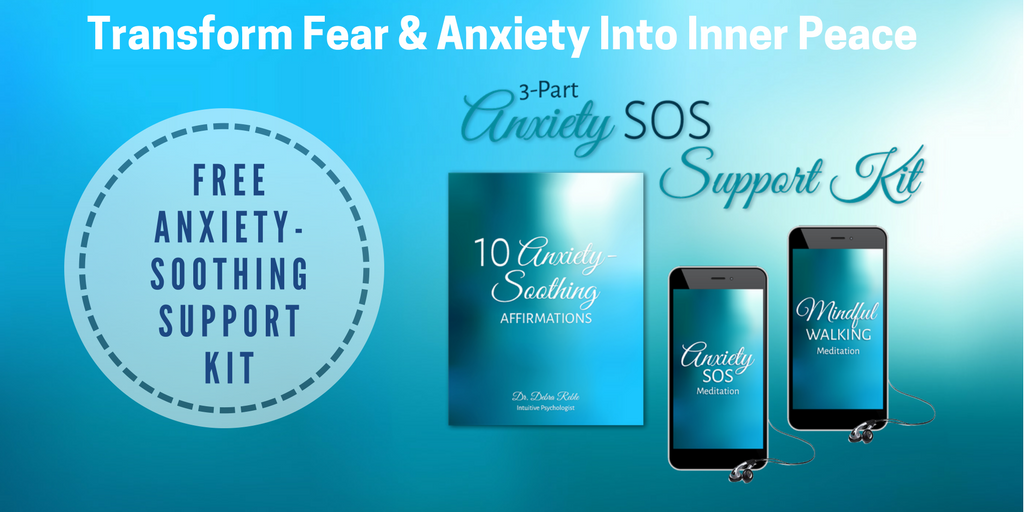
Like the life cycles we move through as the years unfold, relationships also have life cycles too. Some last for only a brief period and others a season or a lifetime. In fact, there are relationships that show up for just particular periods in our lives. That’s why it’s helpful to look at three major types of relationships that, together, can satisfy everything from need fulfillment to spiritual growth.
The Transitional Relationship
First, there is transitional relationship, based on momentary needs. This type of relationship includes casual encounters for the purpose of sex, friendship, healing, ego validation, overcoming loneliness, or security. Transitions can be intense times of self-healing and personal discovery.
During such times, we often attract relationships with people who help us see our negative patterns and often who are releasing such patterns themselves. We are drawn by the energy of these people, in transition themselves, as a way of stabilizing an unsettling period in our own lives.
This mutual exchange of energy, while temporary, can be satisfying and supportive. As long as both individuals are aware of the purpose of their relationship, their needs are being met, and they are observing healthy boundaries and treating each other with respect, they can both benefit greatly from the experience.
The Contractual Relationship
The second type of relationship is contractual relationship, in which individuals come together to create something for a common purpose. The most customary form of contractual relationship involves childbearing, usually within a marriage. A contractual relationship can also exist for such purposes as establishing residency in a country or developing a business enterprise.
The Soul-Hearted Partnership
Finally, there is true soul-hearted partnership, in which both individuals are working toward a fully realized relationship with themselves as well as with each other. In such a relationship, partners can develop spiritually in concert with each other, and thus the relationship can last a lifetime without becoming unhealthy or unfulfilling. And because it is a partnership between equals for the purpose of spiritual growth, soul-hearted partnership can be seen as the ultimate form of spiritual relationship.
In addition to temporary or lifelong relationships, we also experience temporary or lifelong friendships. Many friendships are based on specific life cycles, personal interests, and activities. For example, we may have friends associated with school, business enterprises, activities like skiing or biking, attending movies or theater, shopping, or dinners and conversation.
When soul-hearted friends have a deep emotional bond and a spiritual connection that transcends all life cycles, it can last a lifetime. These are the rare friends who know our strengths and weaknesses, are honest with us, love us unconditionally, and can thus reflect our true being. We may have a disagreement with them or not see them for long periods of time, but our spiritual connection is maintained, and they are vital to our spiritual progression. Such lifelong friendships make up our energetic soul support team; these are our soul companions.
Yogi, Paramhansa Yogananda sums up the essence of such friendships when he says, “Friendship is the universal spiritual attraction that unites souls in the bond of divine love.”
Knowing the life cycles of different types of relationships help us adjust our expectations accordingly, ensuring that we actively maintain lifelong relationships and willingly let go of transitory ones. Many couples fall in love and marry blinded by physical attraction. This form of transitional relationship usually originates when individuals are vulnerable and looking for an experience to either transform or ground them. But as the steam of lust and infatuation clears, they see the relationship for what it is and become dissatisfied.
Much the same can be said of contractual relationships. Despite their shared mission and positive aspects, we must be aware that they are usually not based on a soul-hearted partnership in which each person is independently fulfilled. Therefore, it’s essential to discern whether a relationship is based on the common core values of love, trust, integrity, intimacy, and a soul connection or is merely functioning in fulfillment of an agreement or as a temporary distraction or emotional crutch.
Contractual or transitional relationships can become soul-hearted partnerships when there is a mutual desire for spiritual growth and an adherence to its core values. But when there isn’t, attempting to sustain these temporary relationships after they have fulfilled their purpose can cause suffering, especially those based on a short-term physical or emotional dependency.
An example of such a scenario is when two strangers meet at a bar, become physically attracted, leave together, and a year later marry without any real basis for a lifetime commitment. What starts out as a short-term affair that fulfilled mutual sexual and companionship needs thus becomes a marriage of two incompatible people. Holding on to any relationship beyond its true purpose prevents us from directing the flow of our energy to manifest a deeply committed, lifelong partnership.
Unfortunately, people who automatically think a relationship should last forever may fail to assess the purpose of their relationships and thus confuse transitional or contractual ones with the lifetime soul-hearted type. Some people even marry partners they know are incompatible, making a commitment to cherish the union until death do them part—a decision likely to be disastrous to both parties, especially when the relationship’s purpose has been fulfilled early on and there is little spiritual basis to continue the union. In such relationships, partners frequently feel trapped, which leads to inconsideration, bickering, boredom, and even depression.
At this point, it is time for one or both partners to make the constructive decision to move on. Too often, however, instead of both partners acknowledging what has occurred and accepting responsibility, they individually experience anger, guilt, and resentment and engage in a battle leading to separation. Others continue battling for years because they share money, children, and social lives. In this worst-case scenario, the partners lose all that was once valuable and meaningful about their relationship.
It is important to see transitional and contractual relationships for what they are: a means of moving through a difficult or transformative period in our lives with the help of another person. They often fulfill our needs, help us grow, and add joy to our lives. Such relationships, when entered into honestly and lovingly, can be beneficial if they propel both individuals along their chosen soul paths. Yet, once their mission is fulfilled, it is usually time to let go and allow ourselves to progress to another level of relationship.
In this case, the transitional or contractual partner may not be appropriate. Then we can honor the partner by expressing gratitude for their being, lovingly release the relationship, and move on.
For our own well-being, it’s important that we don’t stay in such relationships beyond their spiritual purpose.


I have not thought about relationships in this way before Debra and see how embracing this perspective could be liberating. I had a friend that spoke about the difference of relationships as those that are part of a page or chapter of the book of your life and those that in the majority of the chapters. I always liked that analogy and see how it fits with your understanding. Thank you so much!
Thanks for your wisdom Debra. My favorite are soul- hearted partnerships, although they are rare. I am grateful for each one.
This is a new perspective for me on friendships and relationships, Debra. It explains why some friendships have been great and then gone and others that have lasted a lifetime even though we are all in different cities or countries and yet when we meet, we pick up from where we left off. Those would certainly be friendships at the soul-heart level.
One of my favorite things about this view of relationships is that none of them is wrong. We may have mis-matched expectations but this is a great framework for sorting them out. Thanks, Debra.
Yeah but…. I think I can look back and see everything as a transition. Including my needs, which change all the time, depending on circumstances and my state of mind. And I also see that — for me — a soul-hearted one who can see me fully may still be a transitory presence in my life.
I see some impressive permeability between these three distinctions, especially the first and third. In my life and experience anyway. YMMV of course.
What an in-depth look at relationships! My most enduring relationship is with my best friend from childhood. Our friendship is 56 years young and even though we live on opposite sides of the country, it’s as if we’re still 13 years old!
Images of the people in my life came popping up while I was reading, Debra! What a lovely way to acknowledge value and love in all of our relationships. Thank you!